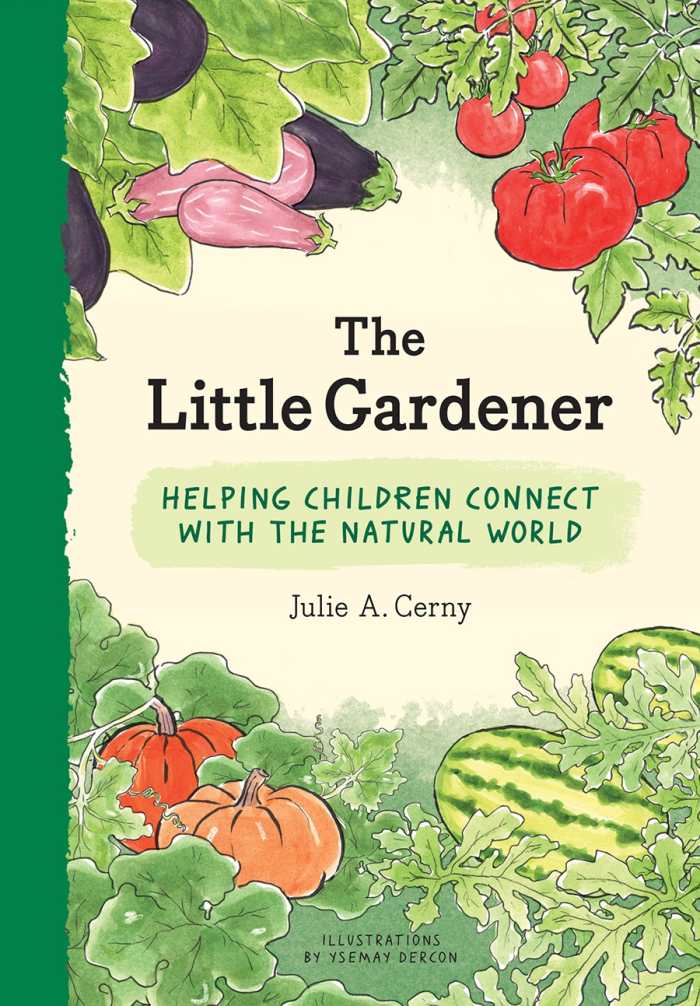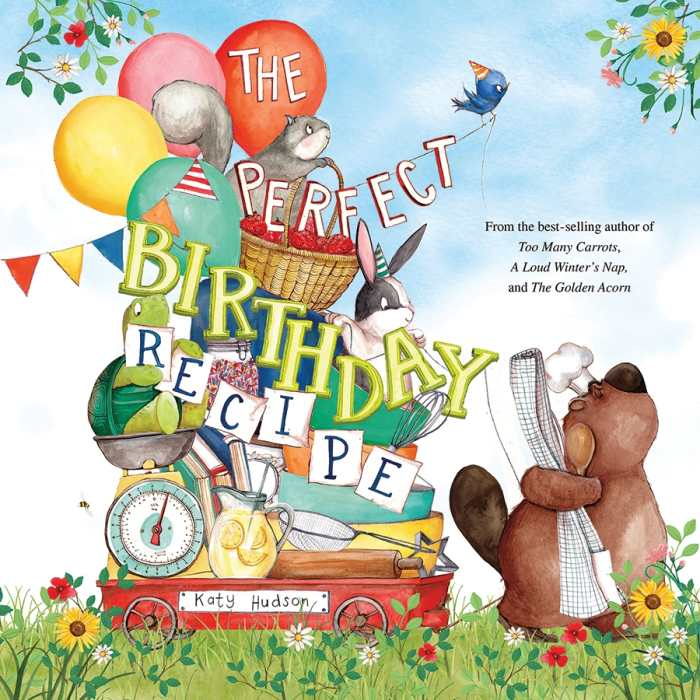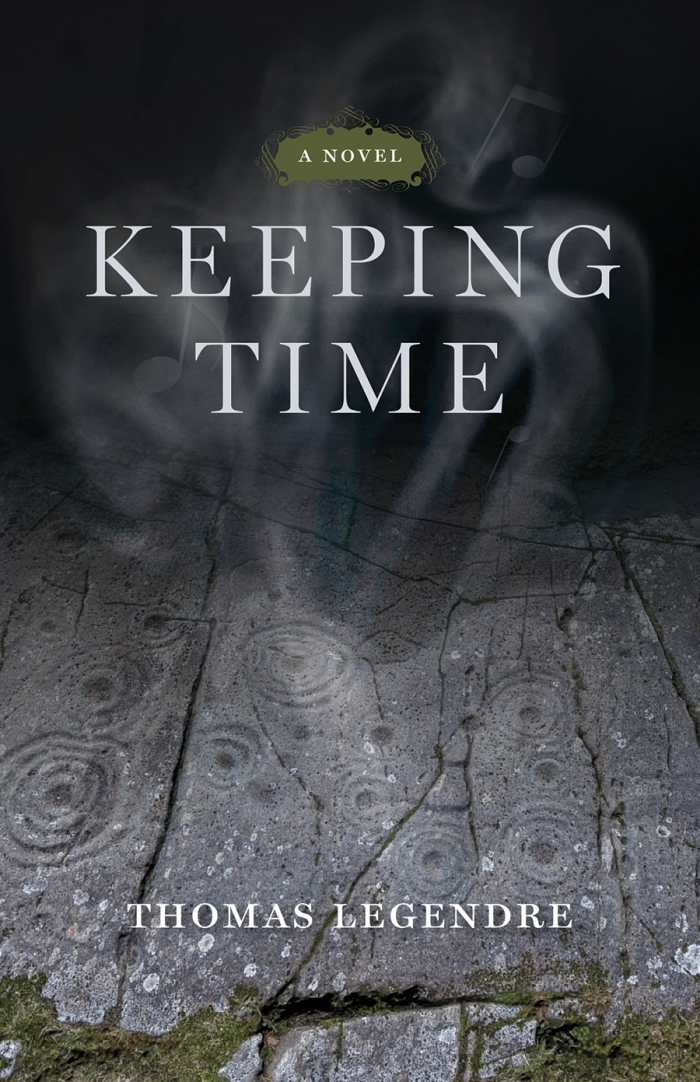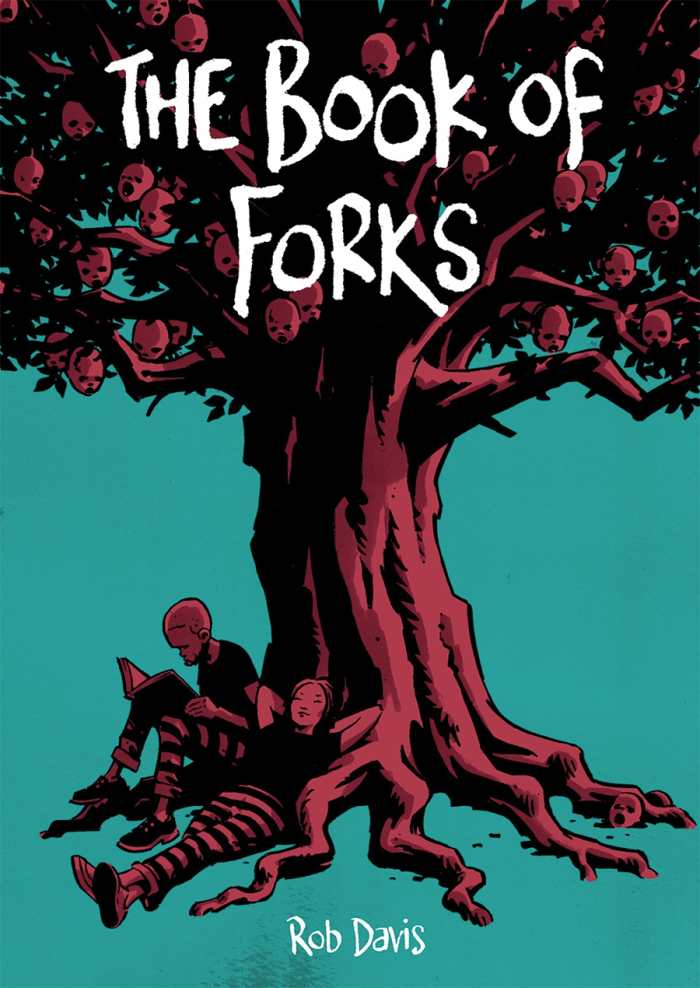Book of the Day Roundup March 16-20, 2020

The Court-Martial of Jackie Robinson
The Baseball Legend’s Battle for Civil Rights during World War II

Michael Lee Lanning
Stackpole Books
Hardcover $29.95 (296pp)
978-0-8117-3864-4
Buy: Local Bookstore (Bookshop)
Michael Lanning’s The Court-Martial of Jackie Robinson reveals that, more than ten years before Rosa Parks’s refusal to move to the back of the bus, a young black army officer also defied such an order. For taking that stand and for his following protests, Second Lieutenant Jack Roosevelt Robinson was subjected to a General Court-Martial, accused of disrespect to a superior officer and “failure to follow a lawful command.” Lanning’s book posits that the events and timing of the trial may have helped Robinson to survive WWII and become a baseball icon and an important figure in the Civil Rights Movement.
When Jackie Robinson was born in Georgia in 1919, the Civil War was a mere fifty years in the past; memories of that bloody war and of the difficult Reconstruction years were still very much alive. The book is disturbing in its documentation of how formal laws, the white majority’s informal rules, and the Ku Klux Klan’s intimidation, violence, and lynching oppressed Southern black people. Although Robinson showed remarkable athletic ability in school, he soon came to the conclusion that “education would not help a black man get ahead in a Jim Crow world,” and that neither would baseball—at that time, the nation’s most segregated professional sport.
Lanning details how it took wartime devastation to move Americans to ask why black men could fight and die on the battlefield, but couldn’t play baseball at home. It shows how the court-martial process proved to Robinson that “if he followed the rules, he could stand up to racism and prevail.” And it reveals how it took a man of the moral stature of Jackie Robinson, who fought both foreign enemies and prejudice at home, to break the color barrier and forever change the face of baseball.
KRISTINE MORRIS (February 27, 2020)
The Little Gardener
Helping Children Connect with the Natural World

Julie Cerny
Ysemay Dercon
Princeton Architectural Press
Hardcover $24.95 (224pp)
978-1-61689-860-1
Buy: Local Bookstore (Bookshop)
Julie A. Cerny’s The Little Gardener is a friendly, useful resource for parent-child gardening teams.
Arguing that indoor lifestyles take a toll, the book extends a beautiful invitation to go outside and grow something together. It’s written with both Big Gardeners and Little Gardeners in mind, sharing just the right amount of details to equip both for success without overwhelming those who are new to gardening.
Their content ideal for elementary-age children, sidebars titled “Just for Little Gardener” distill complex ideas such as finding the right spot for your garden. They communicate notions with respect, conveying confidence that children can contribute to projects. Journaling ideas within each chapter—such as to plan out what to plant and when, and to outline whom will do what tasks—will help both generations plan and reflect.
The idea of working on a project together with a child can be daunting, but the book breaks down its tasks, like determining the ideal soil types for specific plants, with insights to make parents better teachers and partners for their children. Ideas on guiding children through their questions and listening, rather than doing all the planning, are shared.
As the book moves from dreaming of the ideal garden to designing, planting, and harvesting from it, it shares practical tips for mapping a space, developing a planting calendar, and making checklists. It also conveys intangible benefits, like helping children appreciate nature, teaching them to eat healthily, and fostering care for the natural world. Illustrator Ysemay Dercon’s warm, inviting illustrations of garden spaces, fruits and vegetables, and parents and children working together are a vital asset, showcasing the beauty of the produce.
The Little Gardener is a how-to guide that invites families to enjoy and care for the natural world.
MELISSA WUSKE (February 27, 2020)
The Perfect Birthday Recipe

Katy Hudson
Capstone Editions
Hardcover $17.95 (32pp)
978-1-68446-037-3
Buy: Local Bookstore (Bookshop)
Being a careful, thoughtful, particular sort, Beaver is appalled when his friends take over his meticulously planned birthday cake recipe and add their own, much more chaotic flair. Humorous illustrations in an array of bright party colors showcase the cake catastrophe in all of its well-intentioned glory. Beaver is angry at the interfering—there are worms in the chocolate!—until he recognizes that friendships, like birthday cakes, can be perfectly imperfect, and both are best when shared.
PALLAS GATES MCCORQUODALE (February 27, 2020)
Keeping Time

Thomas Legendre
Acre Books
Softcover $19.00 (304pp)
978-1-946724-28-1
Buy: Local Bookstore (Bookshop)
Keeping Time is a rich novel that explores the nature of a marriage and asks whether love is a monolith, a miracle of biology, or an artificial construct.
Alternating between the late 1980s and the early 2000s, the story focuses on a crumbling marriage. After a promising, romantic start, Violet and Aaron’s connection has eroded. Two children, several career failures, and health issues sink them into the mire of disappointment. Then an ancient mystery makes Aaron hope that he can travel through time to correct the conflicts that threaten to split his family apart.
Time and voice are critical elements as chapters skip between decades and characters. Both Violet and Aaron have their say: the places where they disagree about what isn’t working, and how they interpret their marriage’s issues, are expressed in metaphors specific to their professional fields. Violet, a brilliant musician, senses “a different harmonic” when the future Aaron turns up in 1988 to save their marriage; Aaron eyes their neighborhood’s “dark and sere” sandstone blocks that are “caramelized by the elements.” Repetitive fragments and piled allusions sometimes blur their voices, but a subtle tension is sustained.
Though its ostensible focus is on Violet and Aaron’s failing relationship, the novel has much more to say about geology, archaeology, and architecture. Beautiful lines address the natural world as a metaphor for the unspoken truths between the couple as they struggle to find a common language. Passages with asides about science, Aaron’s work, and the Scottish landscape are elegiac and more eloquent than the book’s circling domestic scenes. Whether that is the nature of time travel or disappointment is unclear, but the terrain of divorce is traveled well.
Keeping Time is a modern story with a fantastic deus ex machina at its core: if you could change the past, would you?
CLAIRE FOSTER (February 27, 2020)
The Book of Forks

Rob Davis
SelfMadeHero
Softcover (200pp)
978-1-910593-73-8
Buy: Local Bookstore (Bookshop)
Rob Davis’s The Book of Forks is the brilliant and bizarre final volume of a graphic novel trilogy.
Castro is writing The Book of Forks, which he hopes will explain to the masses the strange origins and mechanics of his world. He’s trapped in a prison called the Power Station, and his friends Vera and Scarper mount a long, dangerous campaign to find and free him.
This adventure occurs against an eccentric, bursting-at-the-seams imaginative backdrop. The plot elements, characters, and concepts are worth pausing to appreciate, as is the original art. “Immortals” are depicted as bears and whales with human baby faces. Skies rain knives, and libraries are destroyed to make forests. “Post-men” working out of post offices deliver people from one death state to another, and parents are can openers, or boats, or birds. It’s a surreal, extended dream come to life on paper.
The panel work is excellent, as are the full-page excerpts from Castro’s book that are scattered throughout. These excerpts include intricate diagrams, deep history and backstory, and an invented mythology that links the disparate pieces together. A sense of humor inhabits the text; although it deals with grand ideas whose interpretation could launch hours of further analysis and discussion, its delivery is always enjoyable.
The book’s inventiveness makes every page a thrill. Grounded in universal themes like the search for truth and the value of friendship, The Book of Forks is a tour-de-force, illustrating the vast potential of its format.
PETER DABBENE (February 27, 2020)
Barbara Hodge
